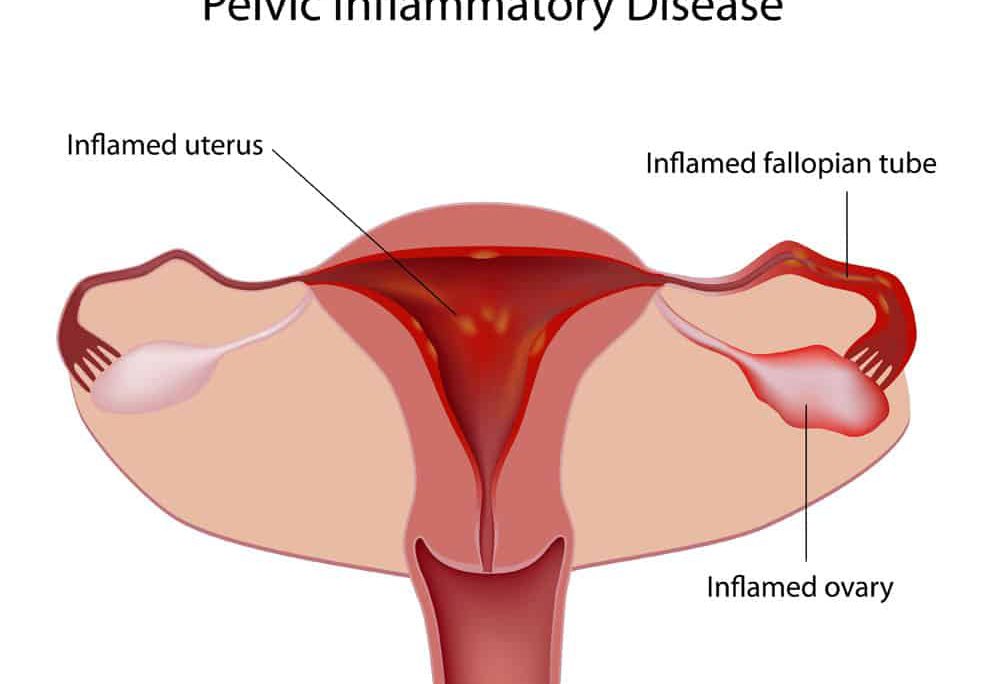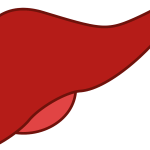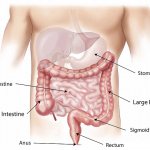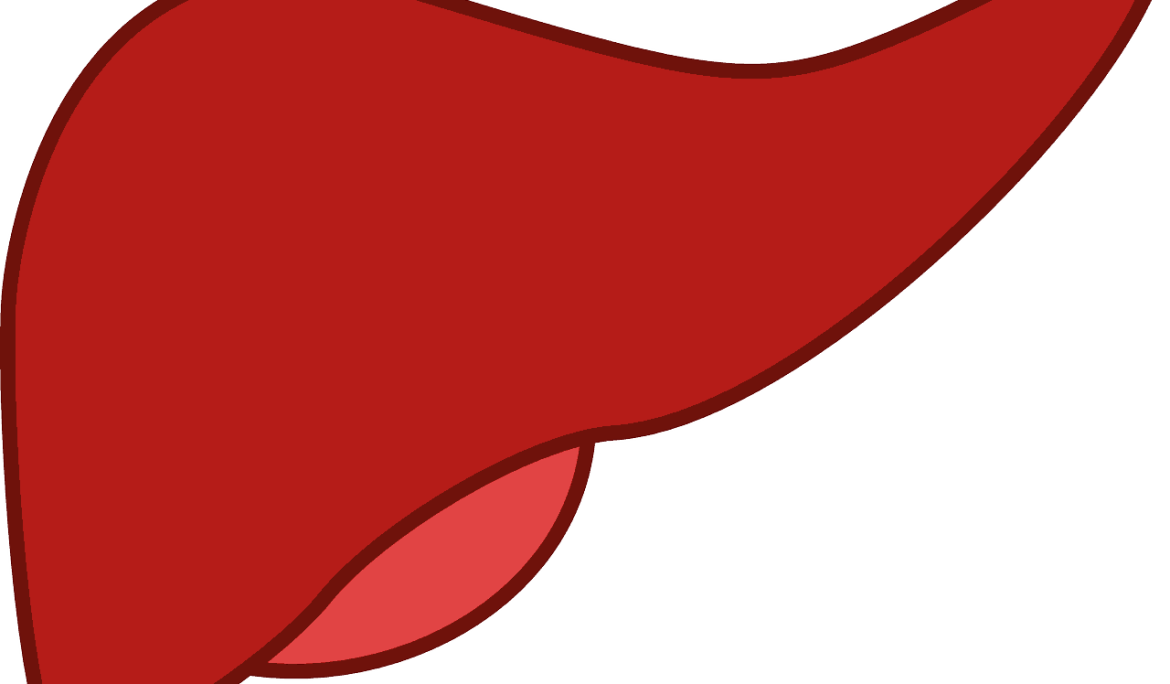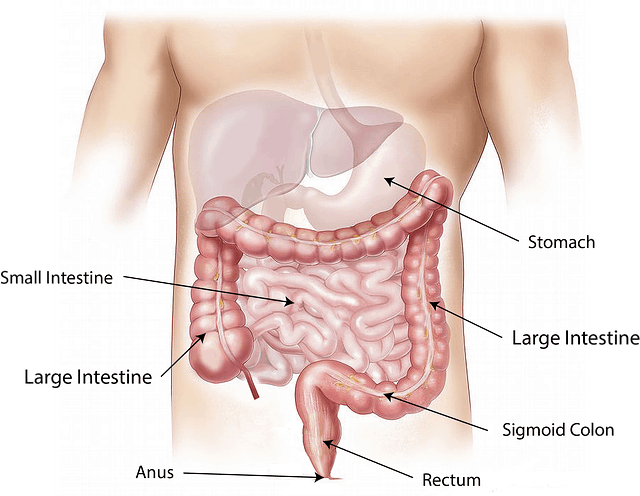Pelvic Inflammatory disease (PID) is an infection of the female reproductive organs above the level of the internal OS. It is often caused by sexual transmitted bacteria affecting the uterus, fallopian tubes and ovaries.
Pelvic Inflammatory disease is cause by sexual transmitted bacteria (Gonorrhea and Chlamydia) are by far the most common cause of PID. The risk factors for PID includes, sexually active woman younger than 25 years, multiple sexual partners, having sex without a condom, over-douching causing a shift in normal flora and a positive history of previous PID.
Patient with PID often present with lower abdominal and pelvic pain, heavy vaginal discharge with an unpleasant odor. Abnormal uterine bleeding, especially during or after intercourse or between menstrual cycles, painful or difficult urination, fever, sometimes with chills and pain or bleeding during intercourse. In general, PID might cause only mild signs and symptoms or none at all. Pelvic Inflammatory disease might cause scar tissue if untreated and collection of infected fluids (abscesses) in the fallopian tubes which can damage the reproductive organs. PID is the major cause of tubal (ectopic) pregnancy and severe damage can cause infertility. Patient with pelvic inflammatory disease suffer from chronic pelvic and lower abdominal pain that last for months or years.
To reduce the risk of pelvic inflammatory disease practice safe sex, both you and your partner must get tested for sexually transmitted infections (STIs). Talk to your doctor about contraceptive options and their benefits as well as disadvantages. Minimize douching to avoid a shift in normal flora.
It is highly advisable to see your doctor or seek urgent medical care if you experience severe pain in your abdomen, nausea and vomiting, with inability to keep anything down, a foul vaginal discharge or fever with a temperature of 38 degrees Celsius or above.
Pelvic inflammatory disease is diagnosed based on signs and symptoms, pelvic examination, vaginal discharge and cervical cultures or urine test. Treatment for PID include antibiotics, getting your partner treated and is advisable to avoid sexual intercourse until the infection has cleared in all partners. Most women with PID are treated in an out-patient department. However, if seriously ill, pregnant or not responding to oral medication, hospitalization and intravenous treatment might be necessary. Surgery is rarely necessary. However, if an abscess rupture or threatens to rupture, drainage can be done.
Dr. Makemba Shayela Nelson – MBChB – University of Kwazulu-Natal, Durban, South Africa. Nesha Medical Practice.




